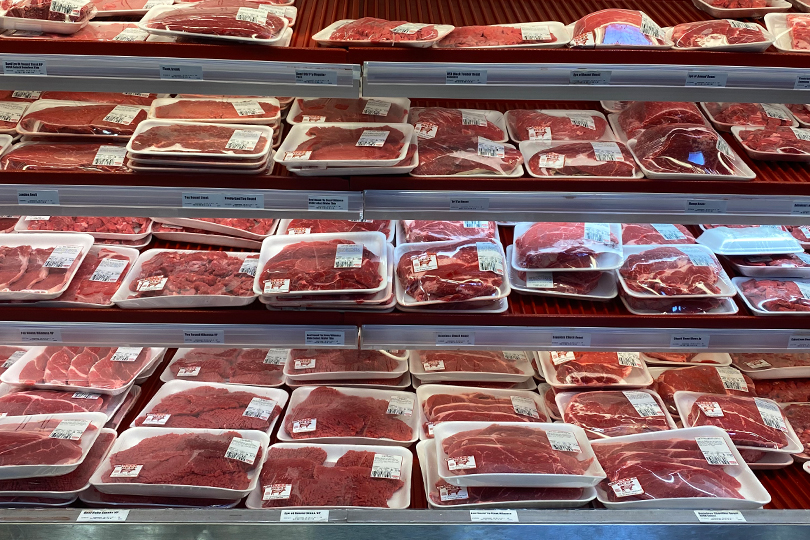Argentina recently implemented a 30-day ban on beef exports. The ban is not uncommon for Argentina, which often uses agriculture as a political tool, according to the American Farm Bureau Federation (AFBF).
“They tend to do it periodically. In this case it’s targeting inflation. Inflation within the country has been reaching, in some reports, up to 50% annual inflation for this year,” Michael Nepveux, AFBF economist, said. “So, this is one of their attempts to help control and curb some of the price increases that they’ve been seeing and keep more of that beef in country, and, in their mind, hopefully slow down some of that food price inflation.”
The move could disrupt the global beef market, Nepveux said.
“Argentina is the fifth-largest global beef exporter. The vast majority of their exports are going to China, and they’re the second-largest exporter to China after Brazil. They make up about 22% of China’s beef imports,” he said. “This does have the potential to tighten already tight stocks globally when it comes to beef trade.”
He noted disruption may lead to more U.S. beef exports to China.
“U.S. prices for beef, the cutout, is already starting to hit extremely elevated levels. Now, how much of that is being passed back to the producers is still a point of contention for some,” Nepveux said. “But right now, at the very least in the terms of beef exports, its very positive. China has already been in the U.S. market big in the last few months before this export ban, and I think that only has the potential to increase U.S. beef exports to China.”
There are also reports of processing plants in the country shutting down in response to the country’s decision.
“Argentina’s decision to halt exports of beef in an effort to fight domestic inflation has implications for other exporters of beef and importing countries in search of animal protein. While Argentina is not the top beef exporter in the world and this ban is only for 30 days, the country is a significant enough exporter and a key source of product for China,” AFBF’s Market Intel report said. “When we combine this with the relatively tight supplies out there, the impact is likely going to place upward pressure on global beef prices, and push China to other beef suppliers in the short-term, at a time when the country has already been significantly increasing its purchases of U.S. beef. The U.S. is already experiencing rising beef prices due to a combination of factors, including very healthy demand, which would typically dampen export demand, so it will be interesting to see how this development affects exports.”

